The Collapse of Civilization
4 comments
It feels like we are on the precipice of great change. I don’t know whether this is going to be a further development of civilization or the collapse of one? That’s for future history books or oral tales passed down by the survivors.
In Dr Joseph Taintor’s book the Collapse of Civilizations, the author compares several major civilizations of the past to see what factors were involved in their usually sudden fall from grace. Taintor defines civilization as a complex society. His definition of collapse then, is a rapid simplification of society.
In his book he conceives of human societies as being problem solving bodies. Solving the easiest problems first. However, as society grows in it’s complexity it becomes more vulnerable to increasing numbers of intractable problems. In the end people simply just turn their backs on the civilization. It becomes too expensive to maintain.
In his work Endgame, the philosopher Derrick Jensen equates civilization to cities. Cities of the ancient world, many with inhabitants over a million, drew in the resources from the surrounding lands. That civilization by it’s very nature, as symbolised by the city, were extractive exercises over nature.
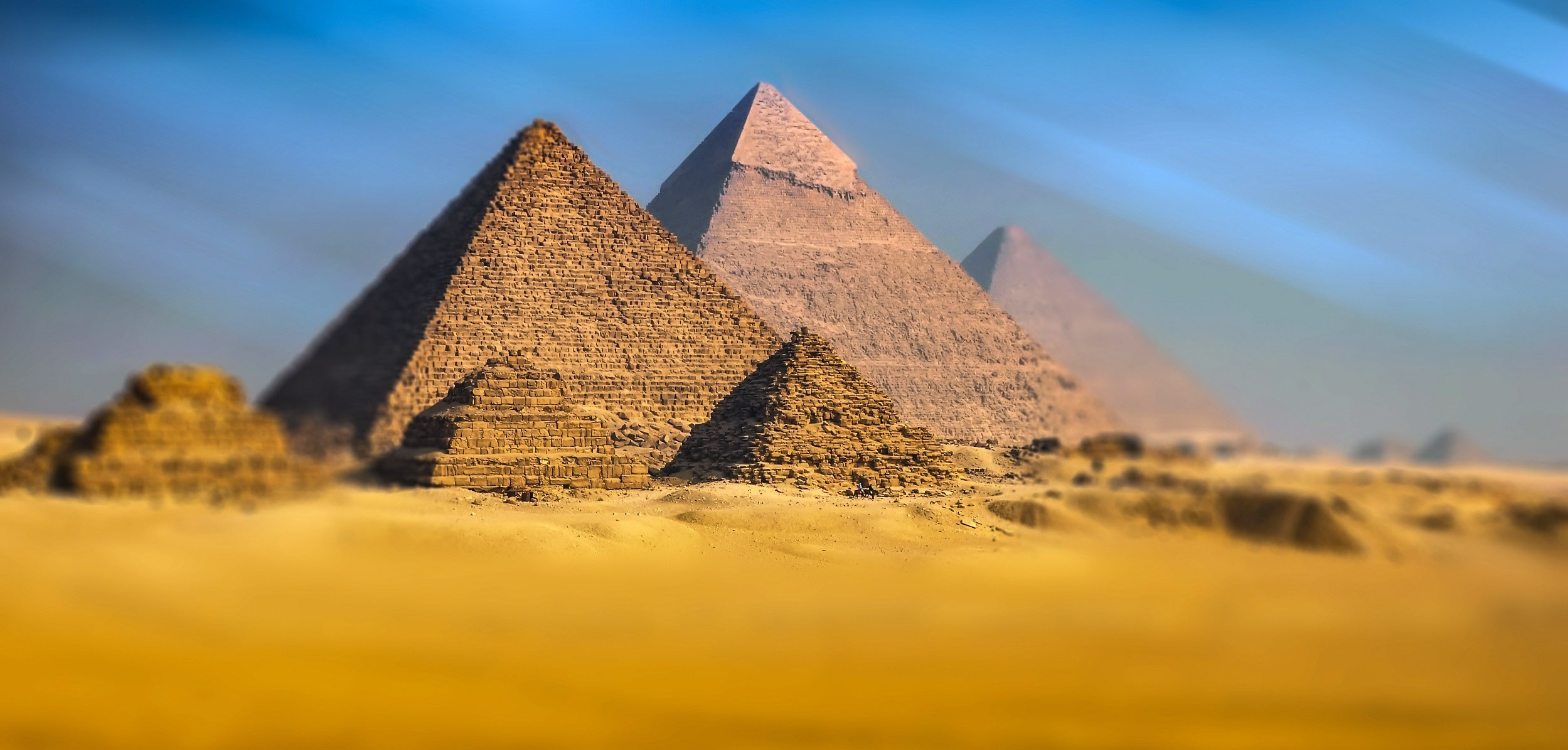
Free stock photo
As inhabitants of civilization we know many of the benefits. Culture, architecture, trade, stability and peace. Although that was stability generally for the city, whereas those who lived in neighbouring areas could expect war and forced extraction. Civilization is about control. Controlling rivers, controlling forests, controlling animals and other naturally controlling other human beings too.
Civilization originates in conquest abroad and repression at home. Stanley Diamond
Civilizations are always organised on an hierarchial basis. Physically represented by pyramids and ziggurats over lorded by those claiming to be descendent from the Gods themselves. We don’t know how they built their ancient monuments nor whether it was with slave labour. One thing is for sure, people who live in civilizations work hard to maintain them. In philosopher William Harper’s 1837 defence of slavery, he states;
The coercion of Slavery alone is adequate to form man to habits of labour. Without it there can be no accumulation of property...
Property rights being an essential part of any civilised society.

Roman Britain
Here in Britain where I live we were one of the outposts of the Roman Empire, about whose civilization we have retained a good deal of knowledge. The Briton’s who lived here proved to be a quarrelsome lot and they were never brought into the Roman administration like in other parts of the empire. Indeed, it required a large garrison to be stationed here at all times. The emperor Hadrian built the famous wall to keep out the Northern tribes.
As an outpost Britain had not been seen as worth it by earlier Romans. It was more a drain on resources than a benefit. Towards the end with such a large army under their control the temptation to march on Rome proved irresistible to three separate generals. They all failed. They all however left Britain wide open to attack and plunder.
One by one Roman cities fell into disrepair. Bridges collapsed. Sewers clogged up. The cities abandoned. Disease and violent deaths sharply increase. Writing vanishes.
Historical Climate Change
As we have become more focused on climate change in our own period, so historians have seen the impact of climate change on civilizations over the ages. It's certainly not a new phenomena. Several years of accumulated drought can lead to devastating harvests unable to feed the swollen inhabitants of the cities.
This seems to have been one major factor in the fall of the Mayan civilization.
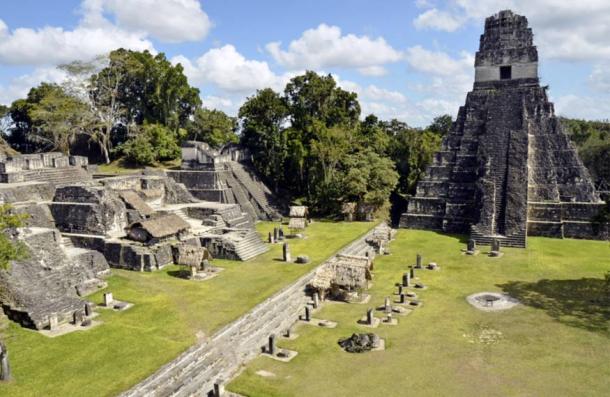
Jensen argues that due to its nature of extraction ultimately civilization is inherently unsustainable. I think on some deep level we all know this. I think it part explains why people have taken to the climate change agenda. It is arguable to what degree humans are causing climate change. Industrial civilization on the other hand is proving disastrous for nature. Save the planet actually translates as save our industrialised way of life.
For the Mayan it was a combination of slash and burn agricultural practices which no longer worked under drought conditions. It is said that when the Spanish and Portuguese arrived nearly two millennia later the forests had only just recovered.
The Khmer civilization, in what is now Cambodia, also faced a climate change problem.
Periods of drought were interspersed with flooding. This overwhelmed their complex system of irrigation. This can be framed in Taintor’s terms as a problem that their society was unable to solve.
-1979175159.jpg) |
|
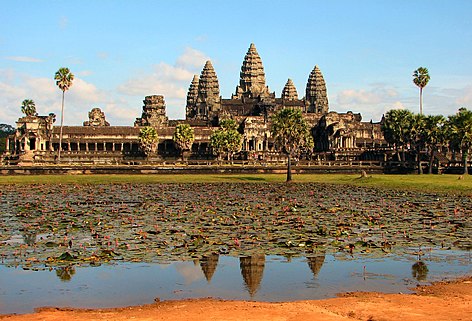
The Viking empire once stretched to Greenland.
Named Greenland by it’s discoverer (Erik) to attract settlers. They did very well for a while, especially hunting the walrus for their sought after ivory tusks. When the European Little Ice Age came they simply had to abandon their settlements and the empire duly shrank.
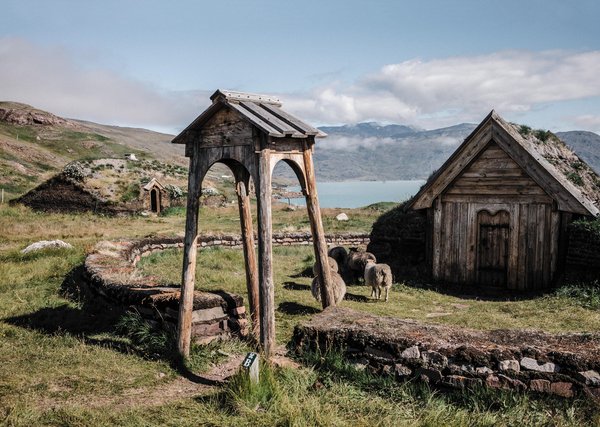
Betty Meggers, archaeologist, proposed that human societies are thermodynamic and obey the laws of physics. To continue they require strong, consistent, stable energy through them. Prigogine, physical chemist on whose work the theory was based, demonstrated that self-organised systems are in constant, two-way interaction with their physical environment.
Peak Oil
Whilst we are being directed to climate emergency or war or what looks like a manufactured food famine coming soon, I’ve been asking myself what about peak oil? It used to be talked about I’m sure. Oil is the life blood of our civilization. It connects us, carries us, feeds us, heats us and even entertains us. It lights up our world in dazzling brilliance. We put a man on the moon. Where will be without it?
Money makes the world go around – so does the Petro-dollar.
Of course citing peak oil doesn’t mean it will run out tomorrow. Peak oil theory states: that any finite resource, (including oil), will have a beginning, middle, and an end of production, and at some point it will reach a level of maximum output.
Oil production typically follows a bell shaped curve when charted on a graph, with the peak of production occurring when approximately half of the oil has been extracted. With some exceptions, this holds true for a single well, a whole field, an entire region, and presumably the world. It is suffice to say that oil becomes more difficult and expensive to extract as a field ages past the mid-point of its life.
I'm not an expert on peak oil and appreciate there are layers of debate. However, for a society so dependent on oil it does pose a problem and will our complex society find an answer? Can we even face the possibility that we have no answer. Not all problems can be solved, as the collapse of so many civilizations has to tell us.
Whilst climate emergency is being talked up I wonder if the drive to end a reliance on fossil fuels is being driven more by the hard, physical fact that oil is not being produced as fast as we need (that is industrial civilization) to devour it. That alternative energy has so far failed to replace oil in any significant manner.
The way we have been living our lives maybe on the verge of ending.
There was no way this way of living was going to be given up collectively because there are too many players with inbuilt stakes.
Such as the Queen of England, who does not want the British people to see her families wealth, invests heavily in armaments and oil. Over the pond the Rockefellers have done much to create a world dependent on oil. These very people support the New World Order. Trying to maintain control in a world which will increasing feel the very real consequences of peak oil.
I’ve been drawn to the collapse of civilizations since I was young. I have undoubtedly been subjected to Malthusian ideology as most British people have. Yet, far from overshooting population, civilization has grown a lot in the last fifty years. In fact, it matches the world’s use of oil. Perhaps space calls to us after all?
Wherever we are in our civilization’s history it’s worth remembering that there are other ways of living than in a debt based extractive economic model. Although to stop any further destruction of the natural world what level of technology would you be prepared to live with?
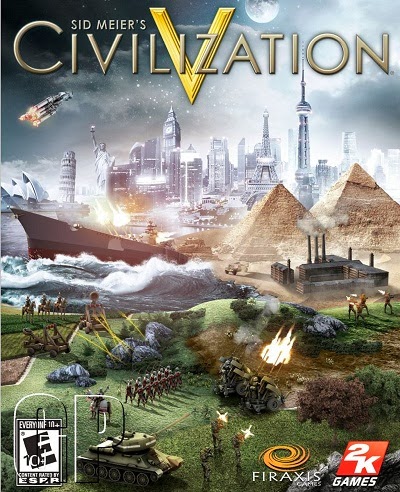
In the meantime I'll carry on enjoying playing civilization.
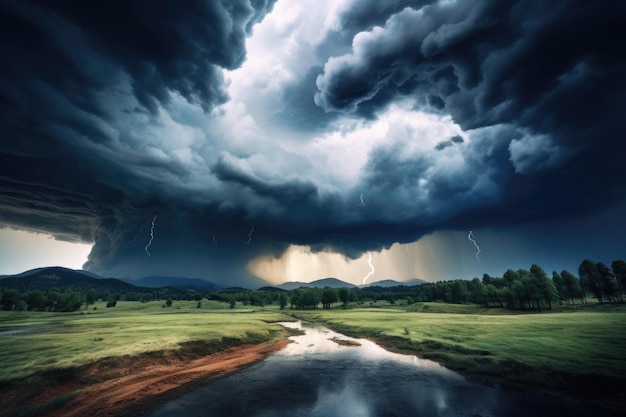


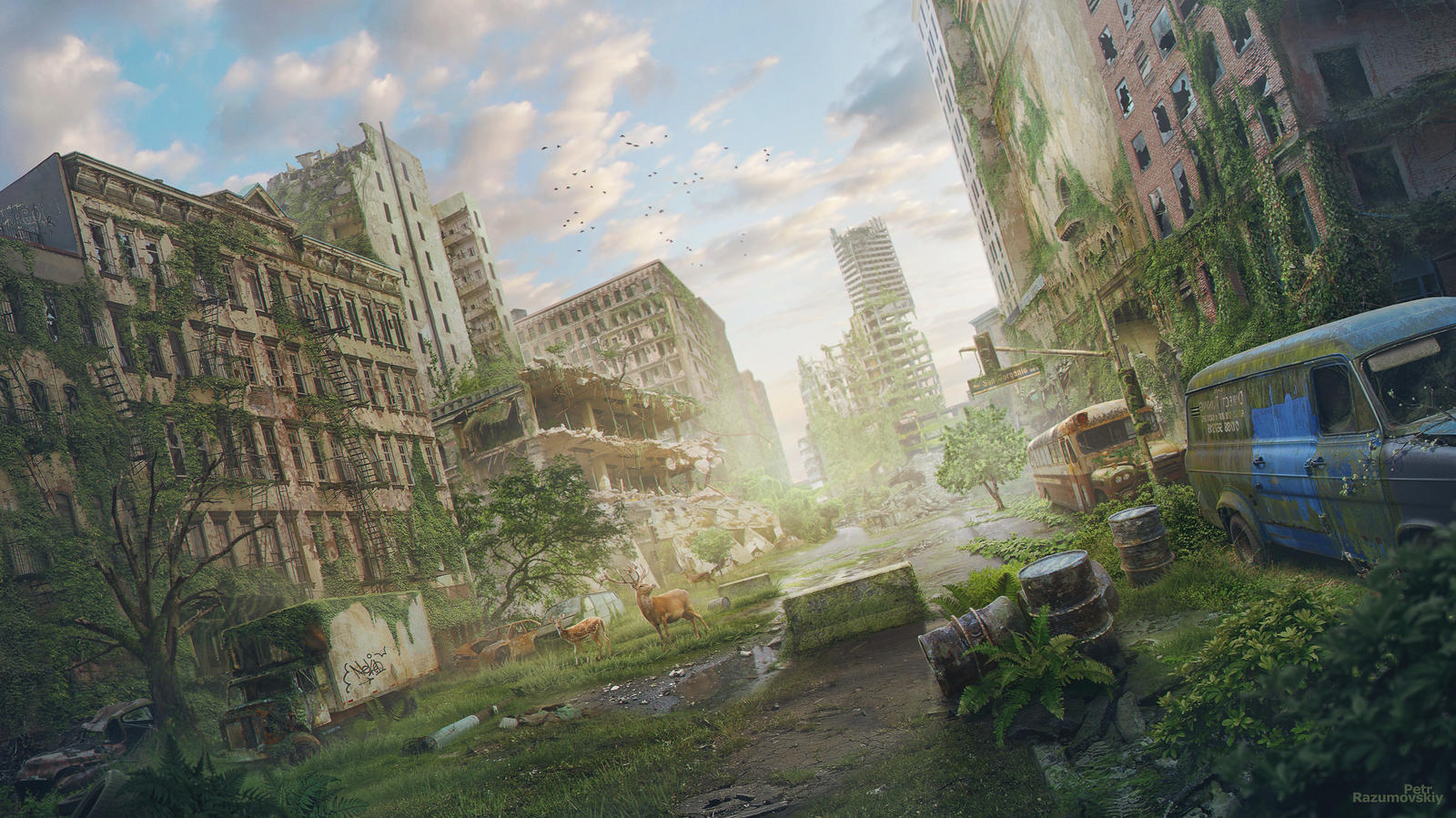
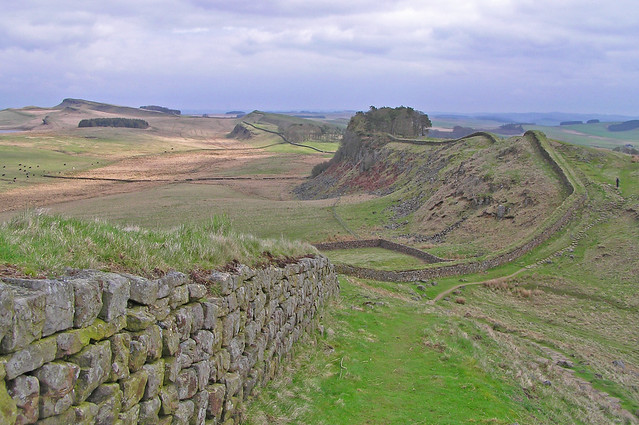
Comments